In today’s fast-paced digital conversations, abbreviations like “TS” are becoming increasingly common. Whether you’re texting friends, emailing colleagues, or communicating on social media, the way you express gratitude, agreement, or acknowledgment matters. In 2025, clarity and tone in digital communication are more important than ever.
This article will explore the meaning of “TS” in text, provide its contextual usage, and offer 11 superior alternatives that vary in formality, politeness, and tone—ensuring your communication remains effective, respectful, and appropriate in every setting.
What Does “TS” Mean in Text in 2025?
In 2025, “TS” is most commonly used as an abbreviation for:
- Thanks
- Thank you so much
- That’s Sweet
- Too Soon (in humor)
- Topic Starter (in forums)
- Team Support (in collaborative work platforms)
- Technical Support (used internally in companies)
However, in most casual digital conversations, TS = Thanks / Thank you so much is the dominant interpretation, particularly in texting, quick replies, Discord chats, and workplace platforms like Slack.
✨ Example
Friend: “I sent you the notes.”
You: “TS 😊”
This short form is often used in informal chats where brevity is key. Still, depending on the audience and context, you may want to choose an alternative expression that sounds more respectful, professional, or emotionally warm.
Why Tone & Context Matter
The same “TS” used with a friend may seem dismissive or robotic in an email to your boss. Tone in written communication can be hard to gauge, so selecting the right synonym or phrase can greatly improve how your message is received.
Let’s explore 11 polite, professional, and casual alternatives to “TS,” each with detailed examples and insights on when and how to use them effectively.
11 Best Alternatives to “TS” in 2025 (With Meaning, Tone & Examples)
1. Thank you so much
✅ Polite & respectful
Best for emails, formal messages, and gratitude with emphasis.
Example:
“Thank you so much for your help with the report—I really appreciate your support.”
✔️ Best for: Clients, managers, professors
❌ Avoid in: Ultra-casual group chats
2. Much appreciated
✅ Professional & concise
Modern and slightly formal, this is great for business communication.
Example:
“I received the files. Much appreciated!”
✔️ Best for: Workplace, LinkedIn messages, client responses
❌ Avoid in: Romantic texts—it can seem cold
3. Thanks a ton
✅ Friendly & enthusiastic
More energetic than just “thanks,” and perfect for team interactions.
Example:
“Thanks a ton for backing me up in the meeting!”
✔️ Best for: Colleagues, teammates, group chats
❌ Avoid in: Ultra-formal emails
4. Grateful as always
✅ Warm & personal
Expresses ongoing gratitude with a humble tone.
Example:
“Grateful as always for your continued support. It means a lot.”
✔️ Best for: Mentors, teachers, collaborative relationships
❌ Avoid in: Situations where the recipient may not know you well
5. Sincerely appreciate it
✅ Respectful & formal
Appropriate in emails, job applications, or official correspondence.
Example:
“I sincerely appreciate your consideration of my proposal.”
✔️ Best for: Corporate, academic, legal
❌ Avoid in: Casual messaging
6. Thank you kindly
✅ Old-fashioned charm with warmth
Polite with a touch of nostalgia—use when you want to sound genuinely courteous.
Example:
“Thank you kindly for taking the time to review my draft.”
✔️ Best for: Elder audiences, formal letters, charming branding
❌ Avoid in: Fast-paced, emoji-filled chats
7. Big thanks!
✅ Casual & energetic
Short, expressive, and easy to insert in a light-hearted message.
Example:
“Big thanks for covering my shift 🙌”
✔️ Best for: Friends, coworkers, supportive communities
❌ Avoid in: Investor communications or job interviews
8. Cheers
✅ British-influenced casual tone
Used widely in UK-based messaging and global informal conversations.
Example:
“I got the email. Cheers!”
✔️ Best for: Casual emails, expat communities, startups
❌ Avoid in: American formal business emails
9. Forever thankful
✅ Emotional & sincere
Used when expressing deeper gratitude, often in personal messages.
Example:
“Forever thankful for the way you supported me through everything.”
✔️ Best for: Close friends, partners, emotional expressions
❌ Avoid in: Work reports or formal feedback
10. Thanks a bunch
✅ Playful & sincere
A slightly cheeky but warm way to show thanks.
Example:
“You remembered my birthday? Thanks a bunch 🎂”
✔️ Best for: Friends, casual messages, greetings
❌ Avoid in: Dry business environments
11. I appreciate it a lot
✅ Clear & genuine
Simple and emotionally present without sounding overdone.
Example:
“I appreciate it a lot—really helped me stay on track.”
✔️ Best for: General audiences, emails, feedback responses
❌ Avoid in: When you need to keep it ultra-short
Choosing the Right Alternative: Tone Guide (2025)
Let’s simplify how to pick the right phrase based on audience and setting:
| Tone | Use Phrases Like | Avoid Phrases Like |
|---|---|---|
| Formal | Thank you so much, Sincerely appreciate it | Big thanks, Thanks a bunch |
| Friendly | Thanks a ton, Cheers, Big thanks | Thank you kindly (may sound stiff) |
| Emotional | Forever thankful, Grateful as always | Cheers (may seem too casual) |
| Concise | Much appreciated, I appreciate it a lot | Thank you so much (can be wordy) |
Why You Should Stop Using “TS” in Some Contexts
Although “TS” is fast and convenient, it has limitations:
- ❌ Unclear meaning – Could be interpreted as “Too Soon,” “Technical Support,” or “Topic Starter”
- ❌ Unprofessional – Seen as lazy in emails or job applications
- ❌ Lacks emotional warmth – Not ideal when sincerity is needed
By replacing “TS” with full phrases, you elevate your communication and ensure clarity, respect, and professionalism.
Use Case Examples by Scenario (2025)
👨💼 Professional Email
“Thank you so much for your quick response. I sincerely appreciate the clarity you provided.”
👫 Text to Friend
“Thanks a ton for yesterday. You really made my day better 😊”
💼 Job Application
“I sincerely appreciate your time and consideration. Thank you kindly.”
🧑🤝🧑 Team Chat
“Big thanks, team! The launch wouldn’t have happened without your effort!”
💖 Romantic Note
“Forever thankful for how you always show up for me.”
Final Thoughts: Be Intentional With Your Gratitude
Language is more than words—it’s about connection, tone, and intent. In a digital world where messages are scanned, not read, being intentional with how you express thanks can set you apart.
Instead of defaulting to “TS,” use one of the 11 rich, context-aware alternatives to express your appreciation thoughtfully and professionally.



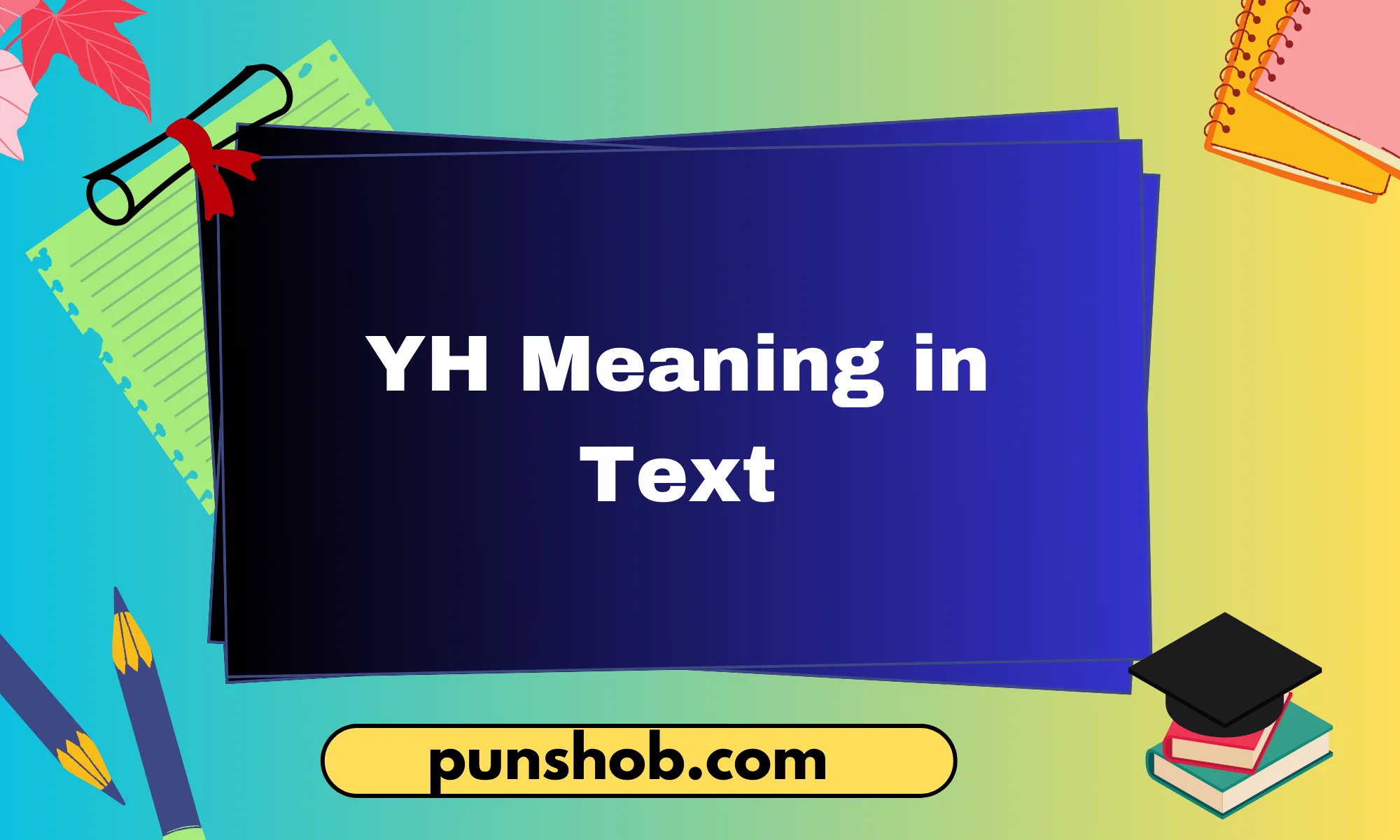
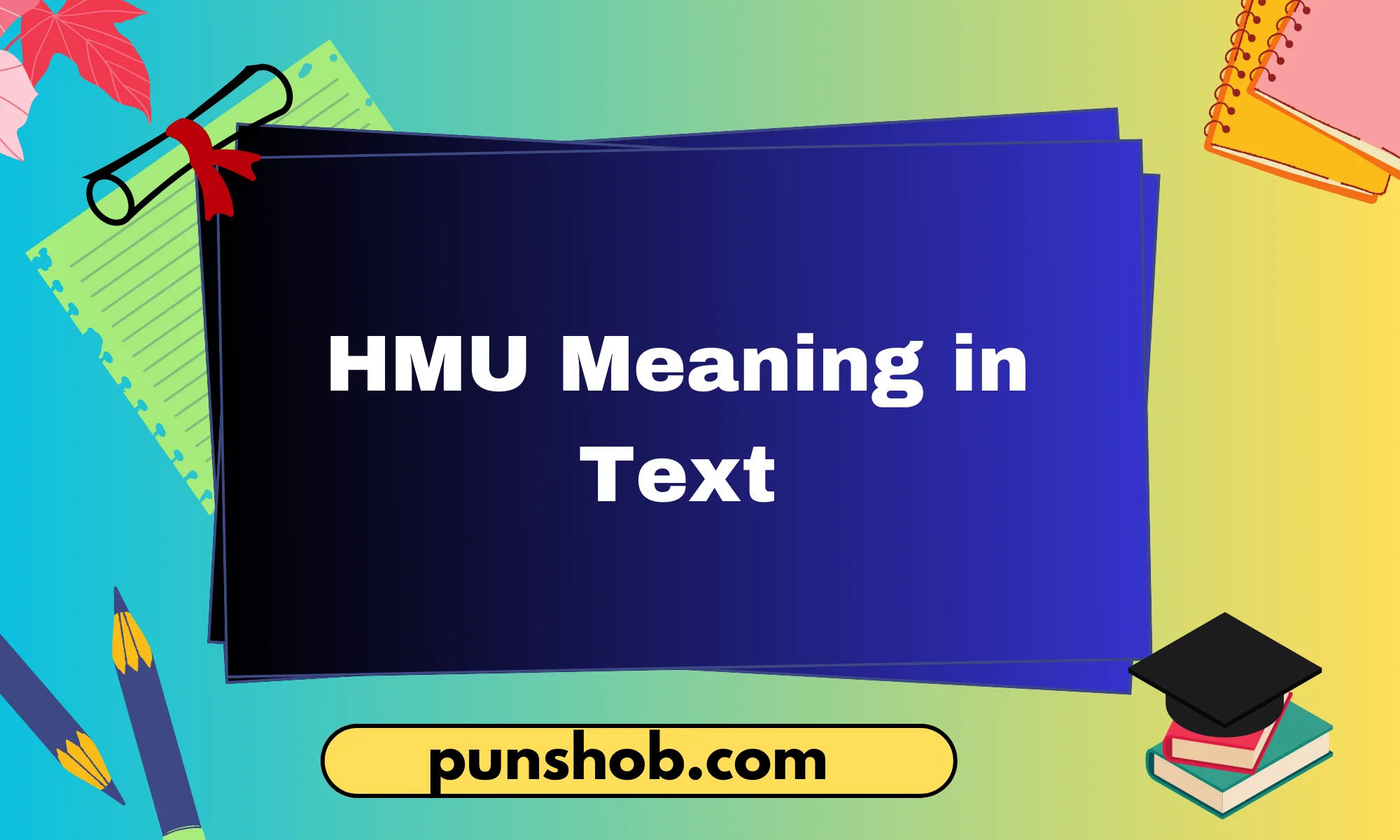
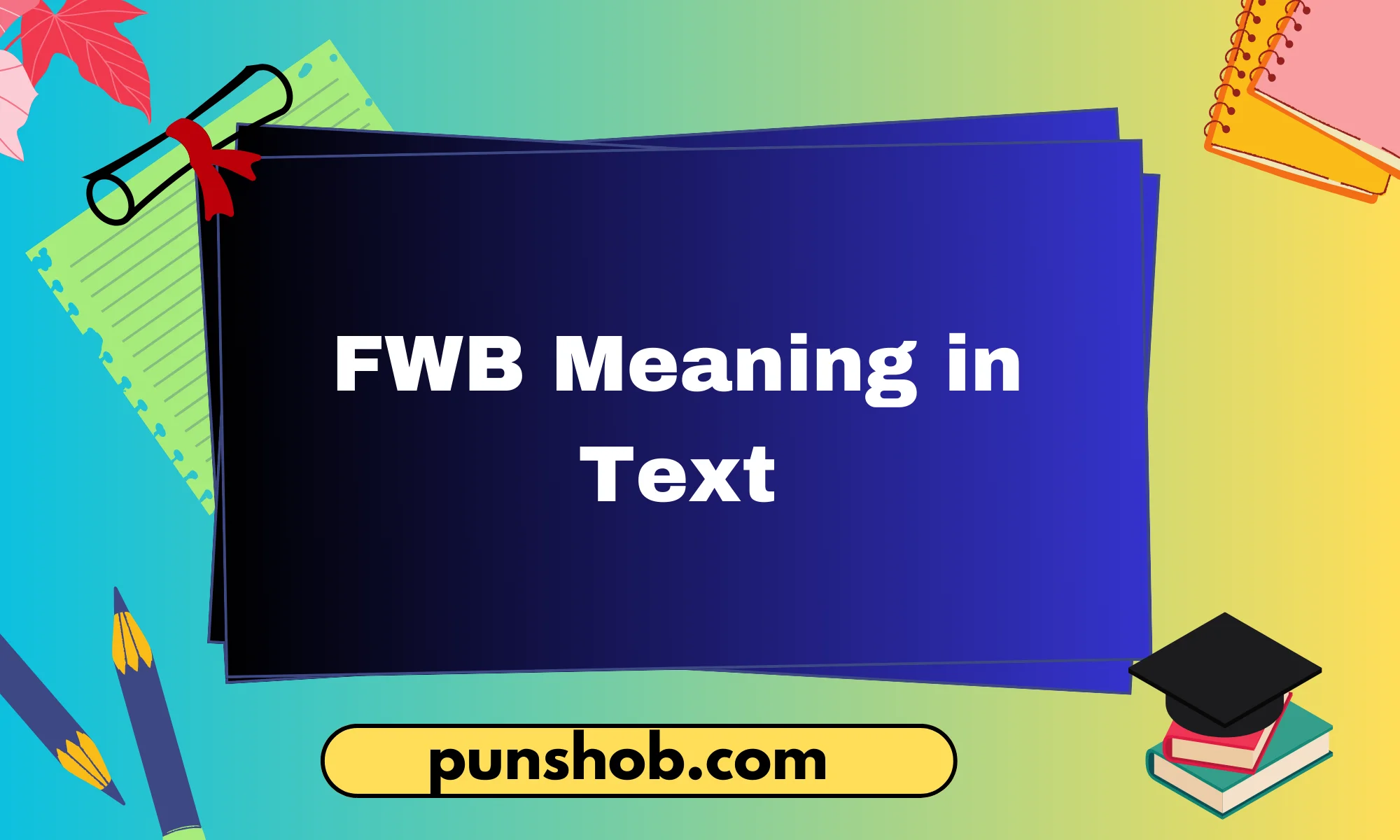
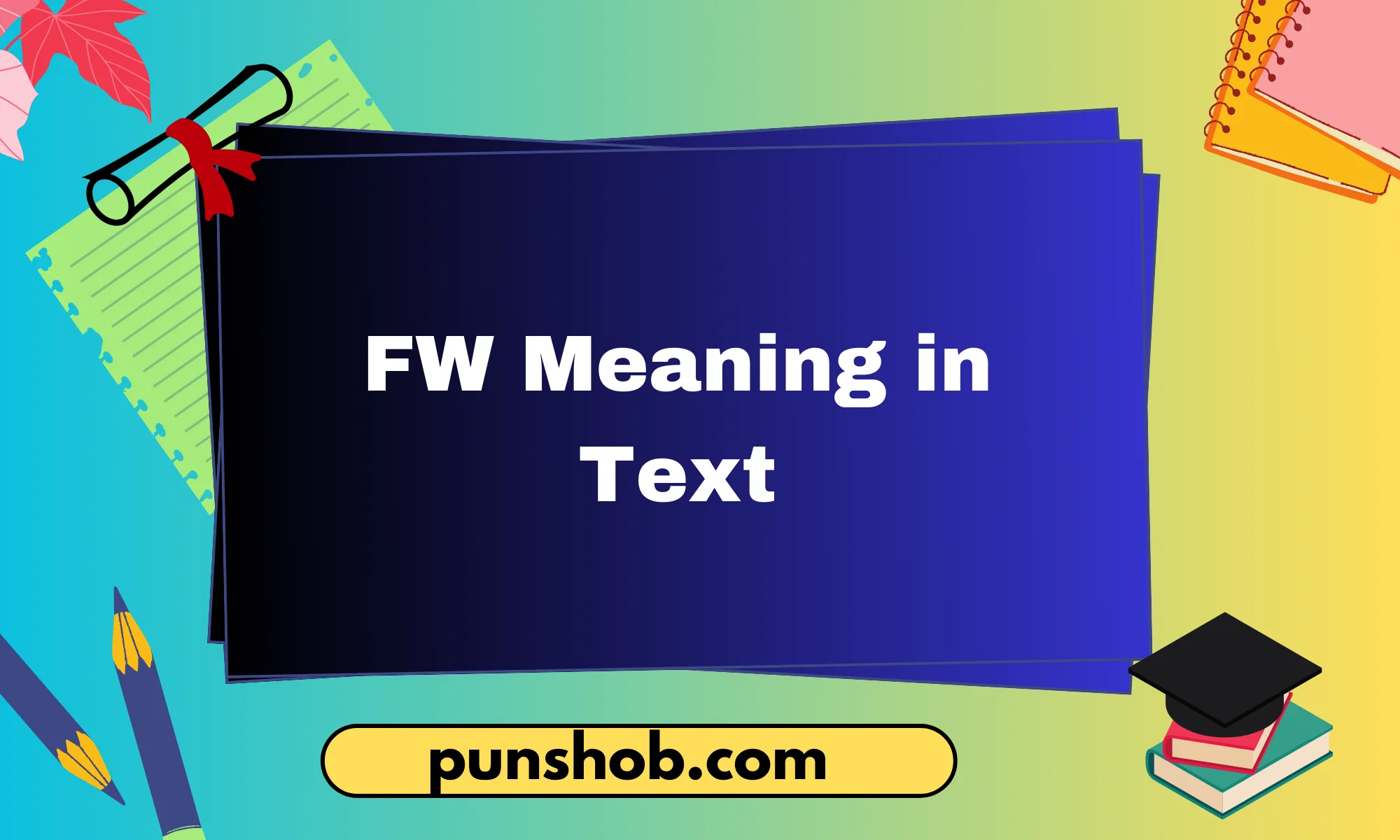
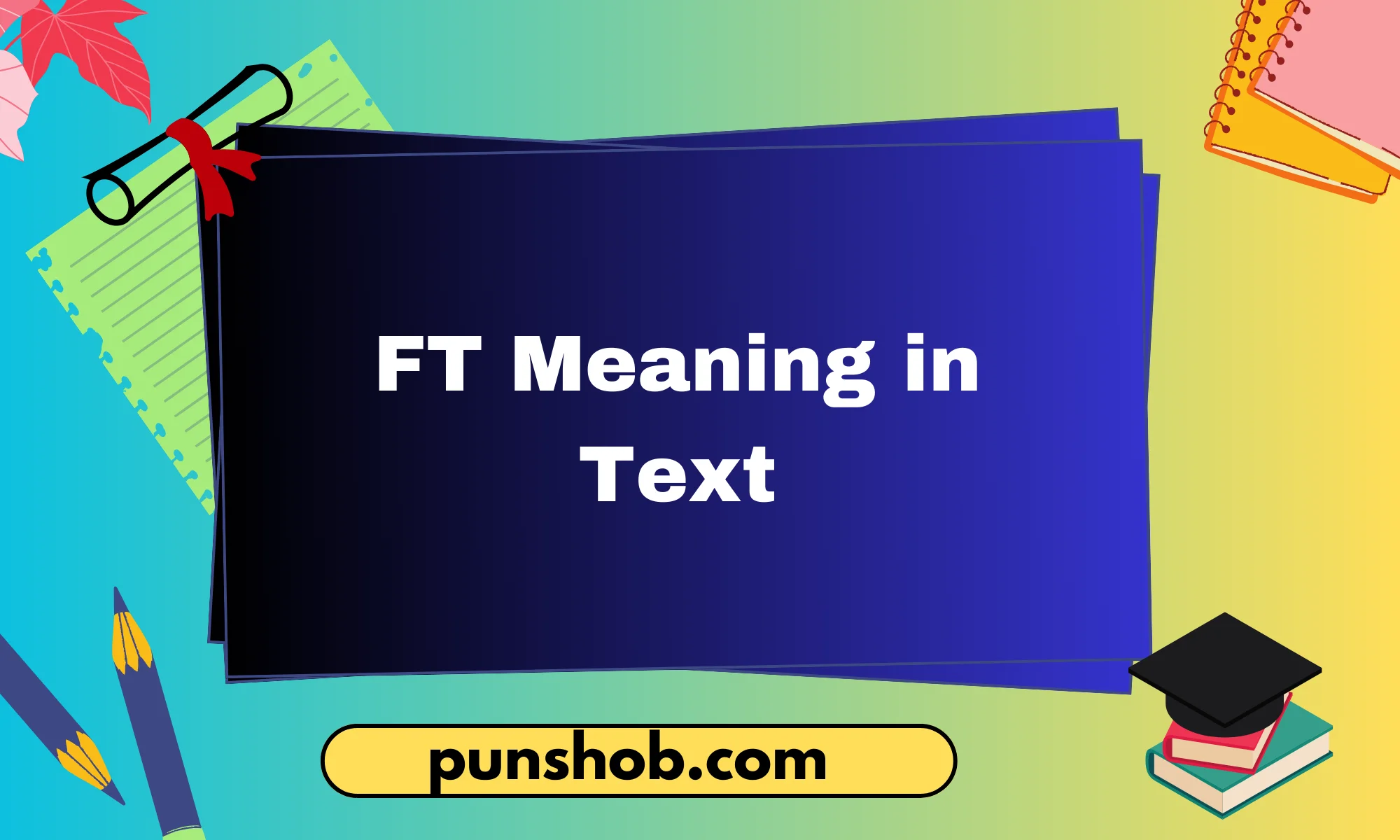
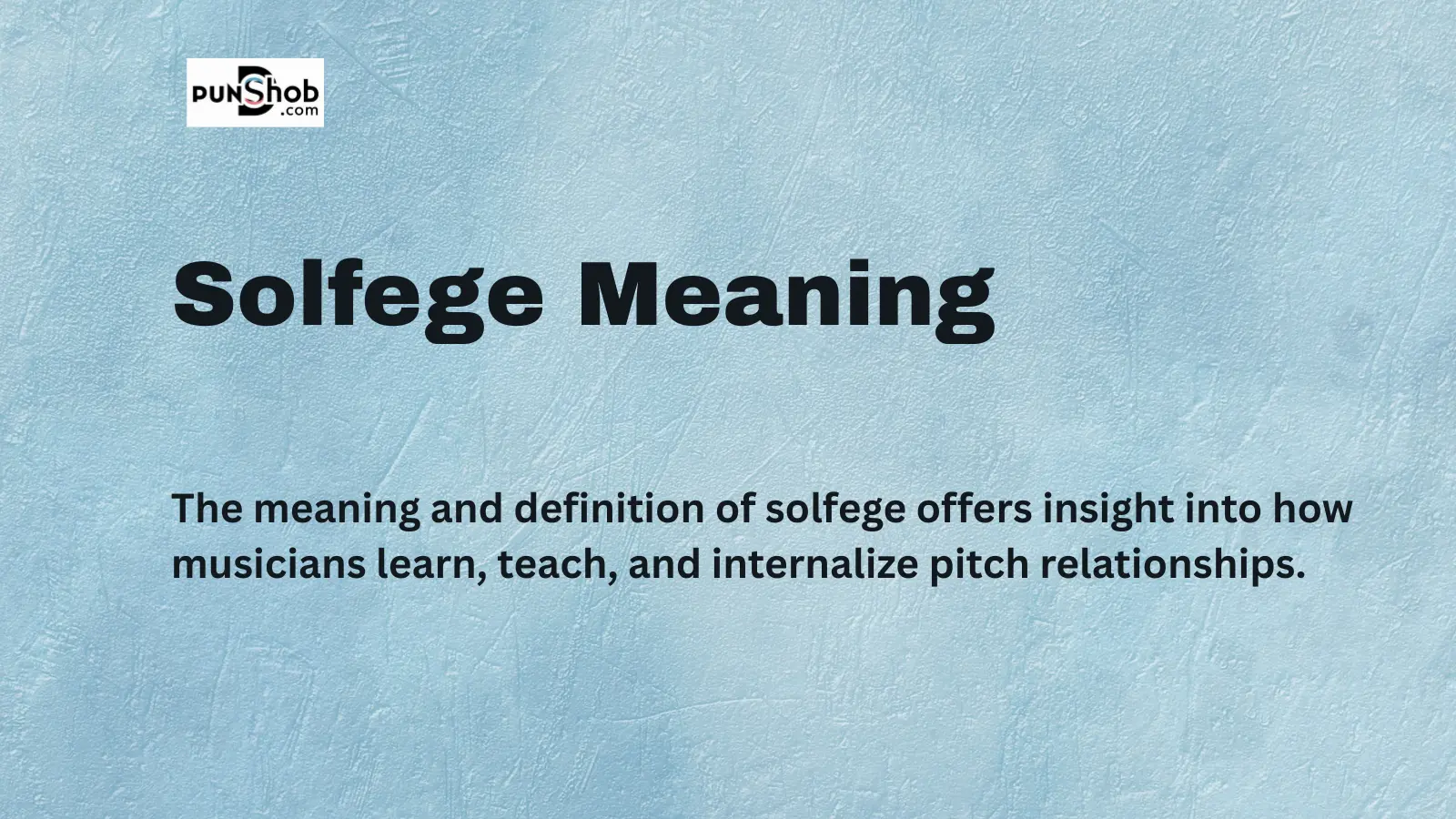

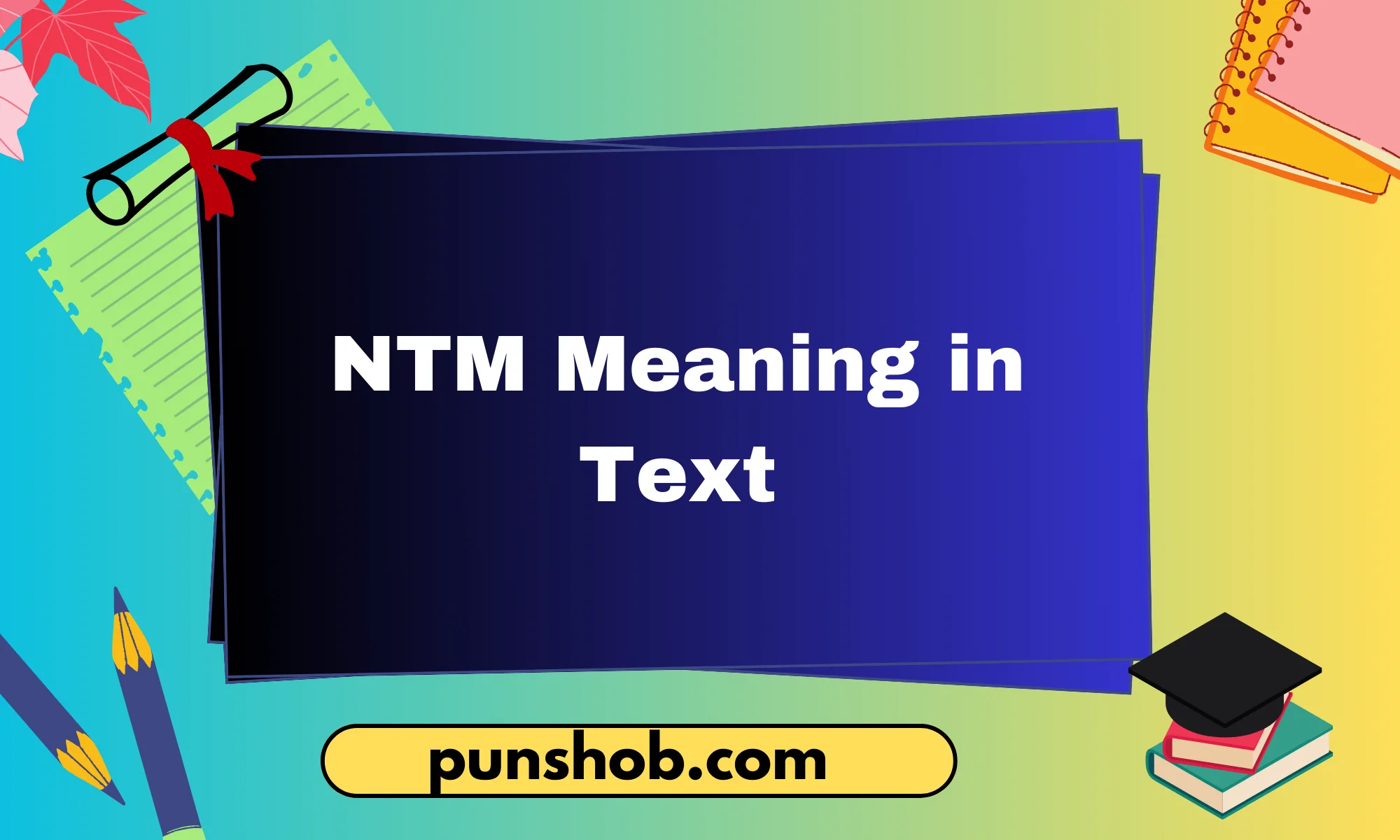
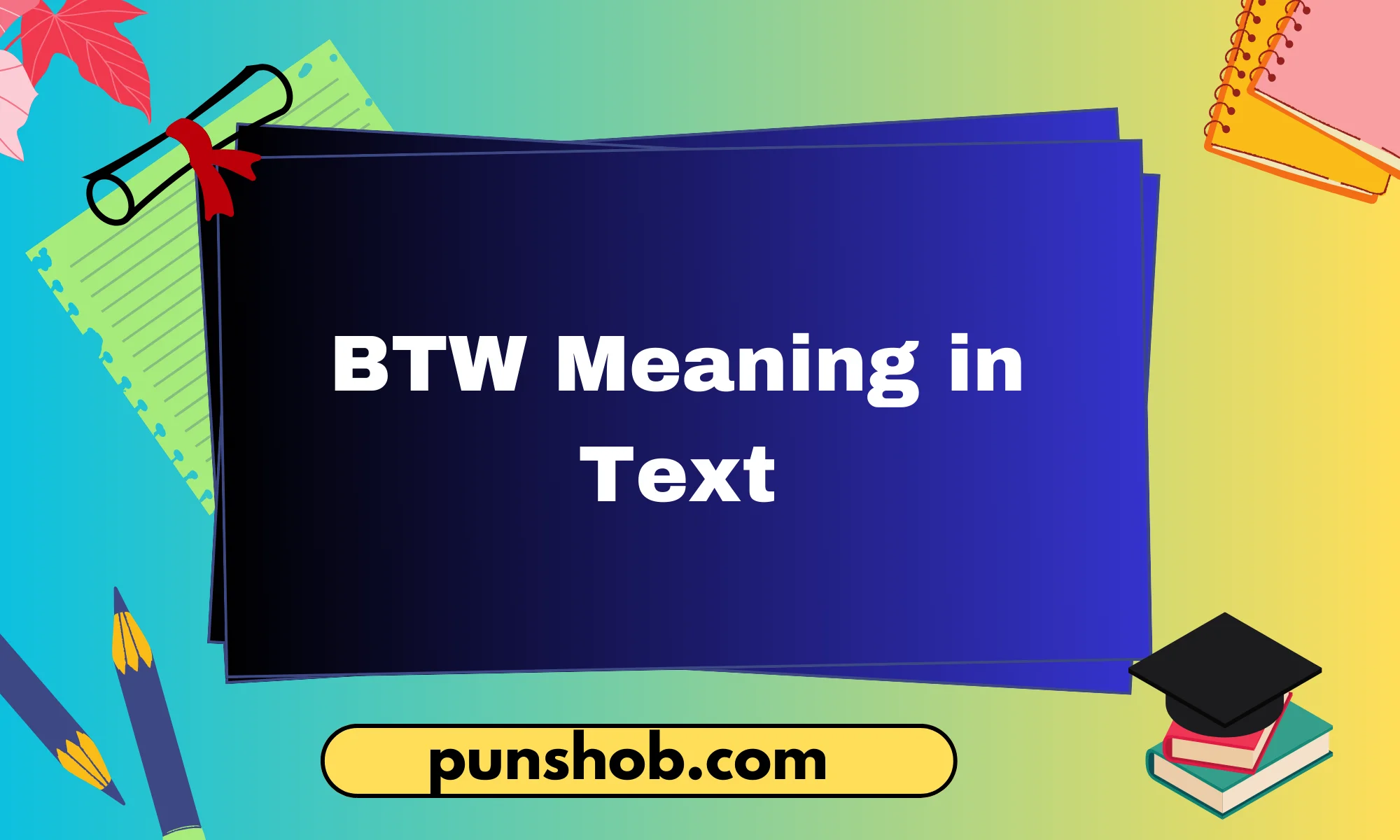
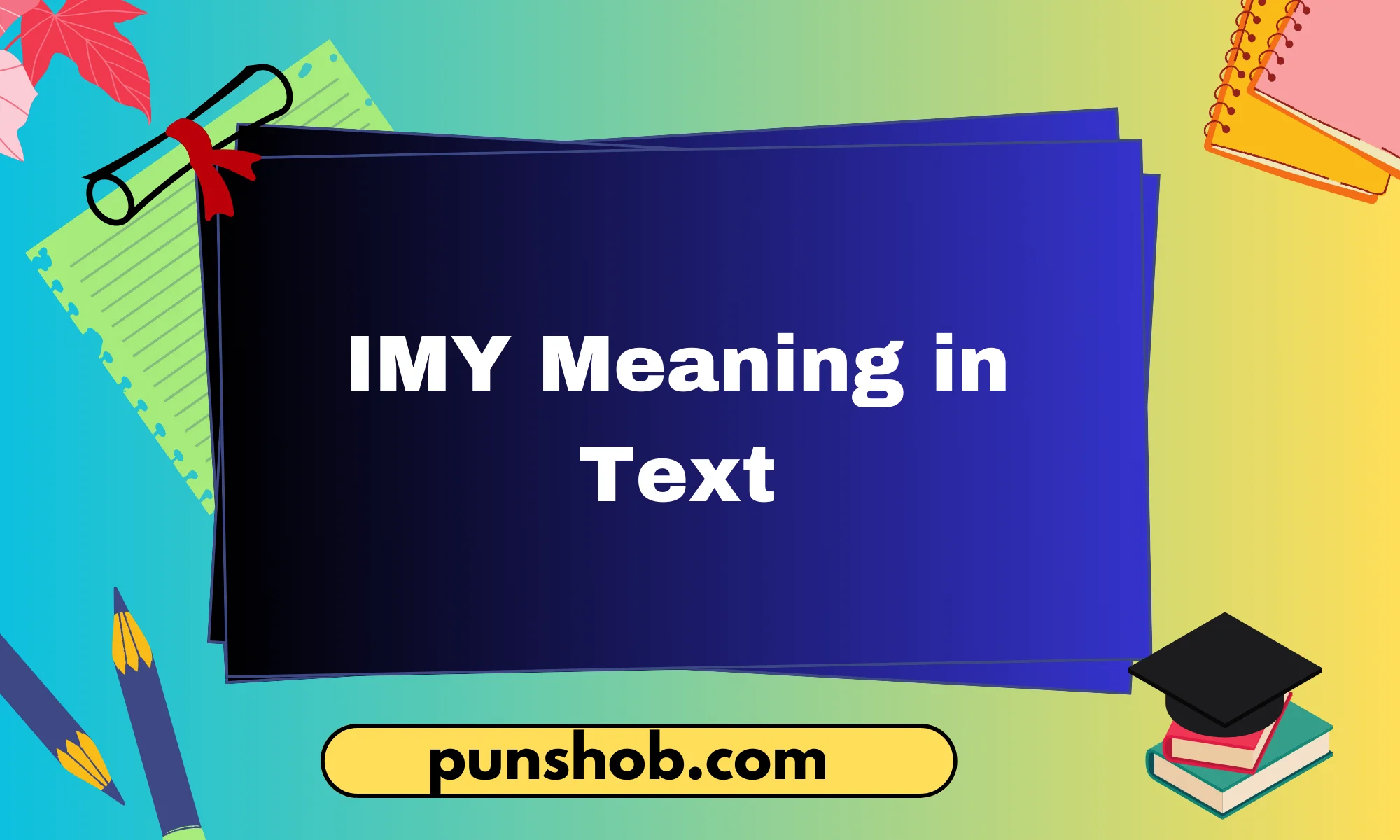
Leave a Reply